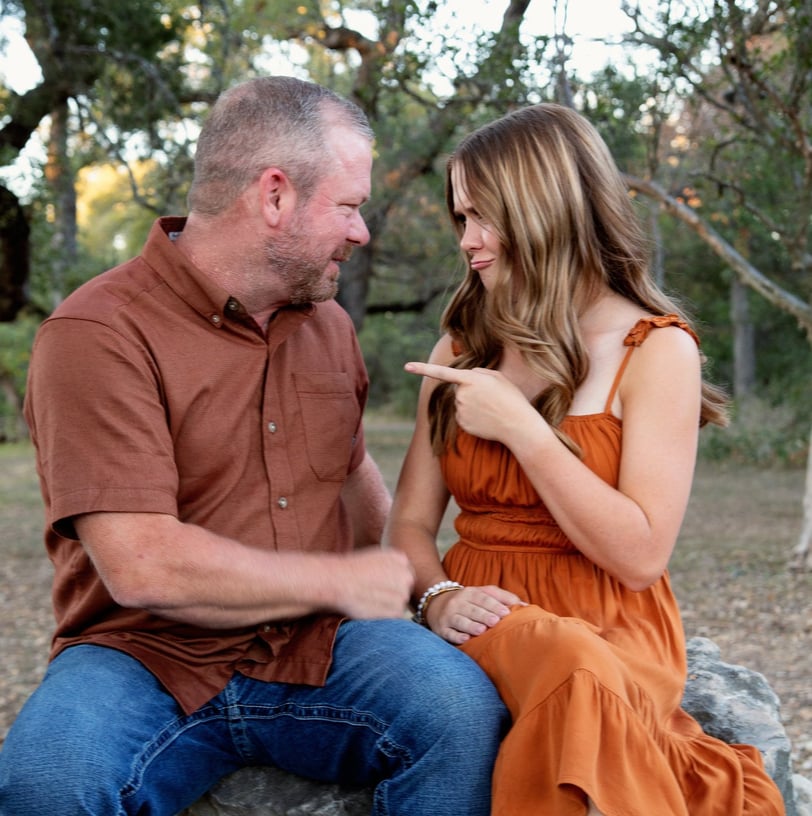Men’s Mental Health: Breaking the Silence, Ending the Cycle
This blog pulls back the curtain on men’s mental health—the stigma, the silence, the weight passed down from father to son. It also explores how healing impacts daughters, romantic partners, and the emotional legacy men leave behind. It's time to stop surviving and start healing. For yourself. For those who follow.
THE WAR WE CARRY
Andrew J. Cox, MA, CEM
6/12/20254 min read


You Were Taught to Be Tough—But Not to Be Okay
From the time many boys can walk, they’re told to man up, don’t cry, be strong.
Scraped knees are met with “You’re fine.”
Tears get ignored or mocked.
Fear? Shameful.
Sadness? Weak.
And by the time those boys become men, they’ve learned to armor up emotionally.
They’ve internalized the notion that pain is a personal flaw, that silence equals strength, and that asking for help is something others do.
This is the mental health crisis no one’s talking about loud enough.
The Numbers Don’t Lie
Men die by suicide nearly 4x more often than women.
Veteran and first responder suicide rates are even higher.
Most men who struggle with anxiety, depression, PTSD, or trauma never seek treatment.
Why?
Because they don’t want to be a burden.
Because they’ve been taught their emotions are a liability.
Because they’d rather implode than look weak.
The Quiet Cost of "Holding It All Together"
Men are over-represented in:
Addiction
Violence (self-directed and outward)
High-risk behavior
Workaholism
Emotional isolation
Why?
Because when the pressure builds and there’s no release valve, it doesn’t go away.
It leaks out sideways—through rage, withdrawal, sarcasm, or control.
Sometimes it explodes.
But often, it simmers.
Quietly. Invisibly. Until something cracks.
Generational Trauma: What Your Father Didn't Say
This isn't just about individual pain. It’s ancestral.
Many men today are carrying pain that was never theirs to begin with.
If your father never said “I’m proud of you,”
If his love came with conditions,
If he coped by drinking, shutting down, or disappearing emotionally...
...then you learned that emotional expression wasn’t safe. That vulnerability led to rejection, punishment, or silence.
You may have internalized the belief that your worth is tied to performance, provision, or perfection.
That, unless you’re strong and useful, you don’t matter.
That’s not your failure.
It’s the residue of generational trauma.
And unless someone interrupts it, you’ll pass it down.
Why Men Don’t Ask for Help
Let’s name the barriers:
Fear of judgment
Shame
A broken experience with therapy in the past
Not wanting to talk about “feelings” for an hour
The belief that asking for help makes them less of a man
No idea what help even looks like
Here’s the truth: Asking for help isn’t weak. It’s strategic.
It’s not a surrender. It’s a rebellion against silence, against stigma, against the belief that suffering in isolation is “normal.”
It Doesn’t Have to Be This Way
What if healing didn’t mean digging into your childhood for five years?
What if it looked like:
Learning how to regulate your nervous system
Developing tools to calm anxiety and defuse anger
Building emotional language (without having to become a poet)
Creating connection with people who get it
Finally breathing without the weight in your chest
What if you could lead your family with strength and softness?
What if your sons saw you as the kind of man they want to become?
And your daughters saw you as the kind of man they’d never need to fear?
Because unhealed men can unintentionally raise women who confuse emotional distance with masculinity.
Who tolerate being ignored or controlled because it “feels familiar.”
Who believe they have to shrink themselves to stay safe.
And you? You don’t want that.
You want her to be strong, yes—but also safe, soft, and open.
You want her to know that a man can be fierce and kind. Protective and peaceful.
That love doesn't have to hurt. That presence is power.
Love Without Control – Healing for Your Partner, Too
Let’s be real: unresolved pain doesn’t stay contained.
It shows up in relationships—as control, withdrawal, anger, resentment, or silence.
And too many men are in relationships where they’ve become emotionally absent, reactive, or dominant—not because they’re evil men, but because they’ve never been shown another way.
When you heal, it doesn’t just make you a better man—it makes you a better partner.
Healing means:
Listening without defensiveness
Leading without control
Being able to stay in hard conversations instead of shutting down or blowing up
Creating safety, not fear
Modeling love to your children—not just providing for them
You stop walking around with emotional landmines and start becoming someone who can be leaned on.
Not just financially. But emotionally. Consistently.
That’s the man your partner needs.
That’s the man your children learn from.
A Personal Note from Someone Who’s Been There
I didn’t come into this work because I had it all figured out.
I came into it because I didn’t.
Because for years, I was the guy who looked like he had it together while silently coming undone.
Military trauma.
Moral injury.
PTSD.
Shame.
Nights numbed out. Days spent pretending.
And then—change. Slowly. Painfully. Honestly.
Through coaching, community, neuroscience, and some hard-won grace, I found a way forward.
That’s what The G2 Connection is about: Grace and Growth.
For men. For fathers. For sons. For daughters.
For all of us trying to unlearn the armor and relearn love that doesn’t hurt.
Call to Action
If this stirred something in your gut, don’t ignore it.
This isn’t just about your pain. It’s about:
Your son knowing how to express emotion without shame
Your daughter choosing partners who treat her with gentleness and respect
Your spouse finally exhaling because she feels emotionally safe, not on edge
You knowing how to love without control, without rage, without disappearing
This is the legacy you leave behind.
Not just in your words. But in your presence.
You can be the man who changes everything.
For them. For her. For you.
